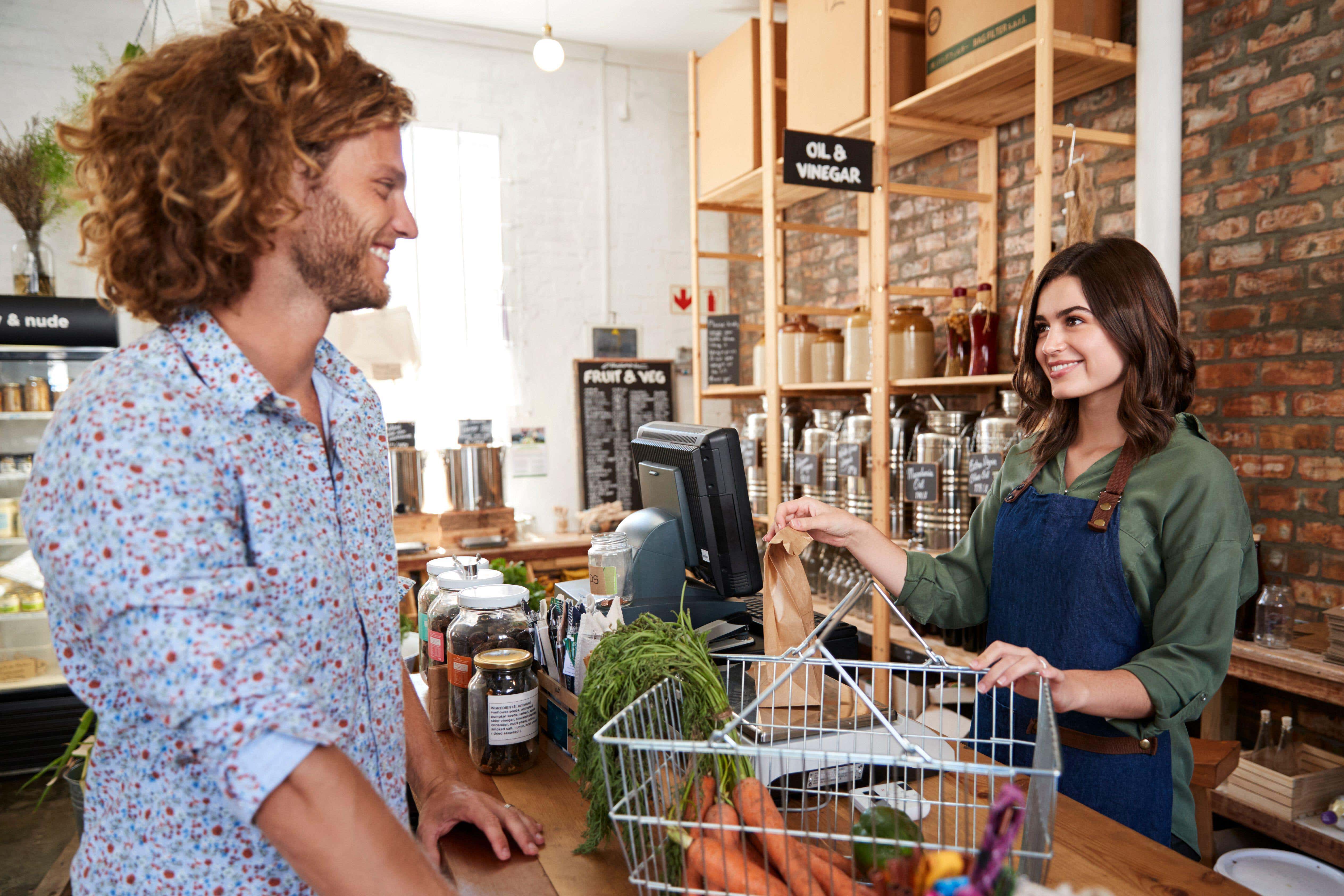4 things we all need to stop buying as global wildlife populations fall by 70%
As the climate crisis worsens and forests disappear, Imy Brighty-Potts asks WWF Chief Exec Tanya Steele what we can stop buying to help.

Your support helps us to tell the story
From reproductive rights to climate change to Big Tech, The Independent is on the ground when the story is developing. Whether it's investigating the financials of Elon Musk's pro-Trump PAC or producing our latest documentary, 'The A Word', which shines a light on the American women fighting for reproductive rights, we know how important it is to parse out the facts from the messaging.
At such a critical moment in US history, we need reporters on the ground. Your donation allows us to keep sending journalists to speak to both sides of the story.
The Independent is trusted by Americans across the entire political spectrum. And unlike many other quality news outlets, we choose not to lock Americans out of our reporting and analysis with paywalls. We believe quality journalism should be available to everyone, paid for by those who can afford it.
Your support makes all the difference.We are all aware of the worrying state of affairs when it comes to the climate crisis and the loss of habitats for our planet’s wildlife.
The WWF’s latest Living Planet report reveals population sizes declined by 69% on average, between 1970 and 2018, driven largely by the loss and break-up of natural habitat for agriculture, while climate change is also increasingly a threat to wildlife.
So, what can we do as consumers to mitigate the impact of deforestation and help to prevent it? Where can we make planet-friendly swaps?
Chief Executive of the WWF Tanya Steele says: “We have seen a huge decline in wildlife over recent decades due to human activity. Some of that has been pollution, but actually, a lot of it is about the way we have used our land for food and agriculture,” Steele elaborates.
“Commodities are at the heart of that. Some of these are things we use every day, produced at astonishing rates, and taking us into an unstable setting as a planet. Without a healthy natural world, we have no hope of tackling climate change,” Steele says simply.
So, where can consumers start to make changes?
1. Ditch animal products reliant on soyFrom soy milk, to candles and veggie alternatives, soy is used everywhere now.
“There is an ocean of soy being produced with huge areas being deforested in order to produce it. Soy has been produced to such a scale, because it’s used predominantly for animal feed,” says Steele.
“It is quite inefficient, because we are clearing land to create animal feed to then transport it around the world. Soy has seen such a huge boom and it is harming the Amazon in particular. Every year, we lose 10 million hectares of forest to soy. That is the size of Portugal.”
So, what can we do to reduce the soy in our diets?
“We are in the midst of a horrendous cost-of-living crisis, so only make swaps if you are in a position to. Mix up your diet by taking out a bit of meat [it’s often used in meat products as well as feed] or dairy, to cut down on the soy being used,” Steele explains.
And perhaps also take a look at milk alternatives other than soy milk – there are plenty of other non-dairy options.
2. Look out for palm oil labelling
Palm oil has become a more prevalent product people are trying to remove from their diets, but there are ways to look out for ethical palm oil too.
“Palm oil is in things like nut butters, and it even appears in toiletries like shampoos and soaps,” Steele says.
“Palm oil, like soy, is a super crop – it’s used in a lot of things. Boycotting doesn’t always work, so do look for certified palm oil labels that show it is not from freshly-deforested land.”
3. Stop buying new gold
Due to an immense rise in the price of gold, particularly during the pandemic, mines have been set up across the Amazon.
“Large parts of the Amazon are being illegally destroyed in order to create gold mines, and mercury is used in the extraction process, which often pollutes waterways and therefore harms local indigenous communities,” Steele says.
Shopping for ethical gold is challenging, if you are looking for gifts for example.
“It is hard to detect where your gold has come from, because of the large, murky supply chains. We are the third biggest importer of gold from this region, so it is best to avoid buying new gold,” she explains.
Why not try shopping for second-hand or vintage items, which may even be more cost effective?
4. Only buy beef if it’s British
Steele says: “One of the reasons for illegal land grabs in the Amazon is for cattle to effectively be reared and sold for beef. UK supermarkets are focusing on not importing Brazilian beef, so we can as well.”
Supporting local farmers is also something we should be doing, so if you’re going to buy beef, always ensure it’s British.